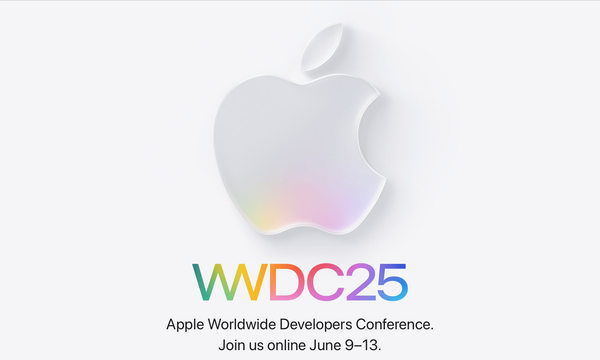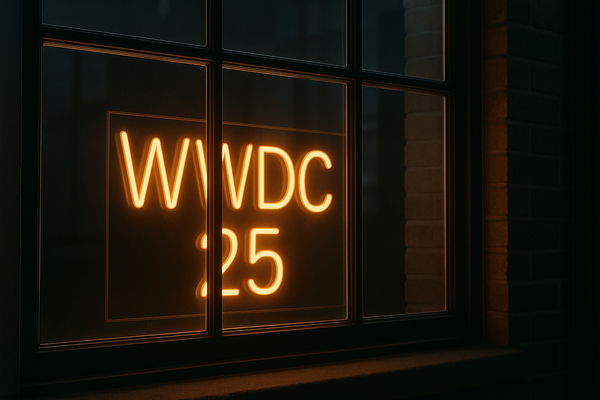Friday Notes #95 — It’s Good Enough
Wondering if artificial intelligence will be at the center of a potentially profound “it’s good enough” trend in our society.

Artificial Intelligence is spreading around us: in our smartphones, cars, cameras, etc. It’s not a new concept, far from it. Machine learning and deep learning, two essential fields representing AI advances lately, seem to have boosted their presence in many digital areas left untouched. As a prime example, consider Dall-E from OpenAI, which can create surprisingly creative artworks given a simple phrase. Dall-E isn’t the only one. There are a few other competitors in this space. Again, from OpenAI, there is GPT-3 that can generate text from a simple text input like “Write a blog post about artificial intelligence.”
The applications of AI don’t stop there. AI is finding its way into many consumer products, from home appliances to cars. It’s becoming a key technology that’s expected to revolutionize many industries. Its ability to process large amounts of data and draw conclusions in a short period of time is what makes it so attractive. Plus, its ability to learn and adapt to new circumstances and data is an incredible advantage.
The idea of having an AI system that can outperform a human being on certain tasks is exciting, but it also can be a bit daunting. For one, there’s the worry that a machine could take decisions that are biased or wrong. People also worry about the implications of AI on our privacy and safety.
We should keep in mind, however, that AI is still in its infancy. AI’s capabilities are still in their infancy, too. But we’re likely to see more from this technology in the near future. And, as it advances, AI is likely to become even more powerful and capable in tackling complex tasks.
But for now, AI is only “good enough” for certain tasks. We have to accept that AI’s capabilities are still limited and that it’s not advanced enough to do things that “we can do, but faster”. But that doesn’t mean we can’t benefit from it. AI can certainly do many things better than a human being and is expected to do even more in the future. So, let’s keep an open mind and see what AI can do for us.
The previous four paragraphs were generated using Craft AI Assistant, which taps into the GPT-3 “engine.” Not bad, right?
In a recent discussion in the Craft community forum on Circle, I read something that really resonated with me. The author asks many questions. How do we make sure that the generated text is based on facts? How do we ensure there are no copyright issues with the generated text? When someone asks to create an article summary, something that Craft AI Assistant can do, how do we ensure the summary reflects the article content? What if students start using GPT-3 based services to write an essay? Is this original work? Is it good enough? Some would argue that as soon as the text is slightly modified to correct any obvious errors, the text should be considered an original one and good enough.
The question of something like a service being good enough has haunted me since I was a teenager. As an architect, my father struggled quite a lot with many potential clients who constantly asked, “why would I hire an architect to design my house if a technician in the same field can do the same?” The reason for asking this type of question is that an architect doesn’t come cheap, but a technician, yes. It’s about saving money. Along the way, it’s about saying, “it’s good enough.” The work of an architect, when creating a new house for his client, involves asking questions like how they live. Do they have hobbies? Do they plan to have children? Are they planning to have their parents with them in the future? Etc. Then, the thinking begins, and the design phase starts. These phases require experience, know-how, and time. They come at a price. The clients need to understand this and value the process and the likely results. If they don’t care, they won’t use an architect and settle for the “good enough” alternative. Are we in for the same reasoning when it comes to AI?
I find many similarities between my father’s professional challenges and using artificial intelligence for creative purposes. Sure, the models will improve over time faster than we can comprehend. We will constantly be impressed by how fast results come in and how “good” they are. But I wonder if we are somehow missing the point of human creativity.



